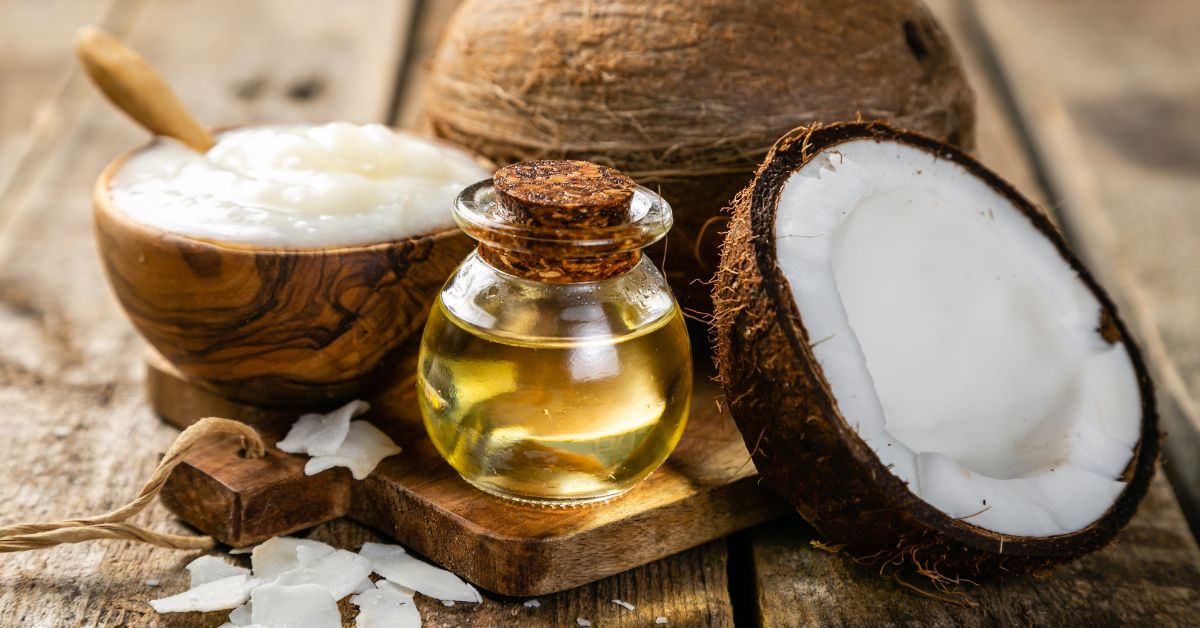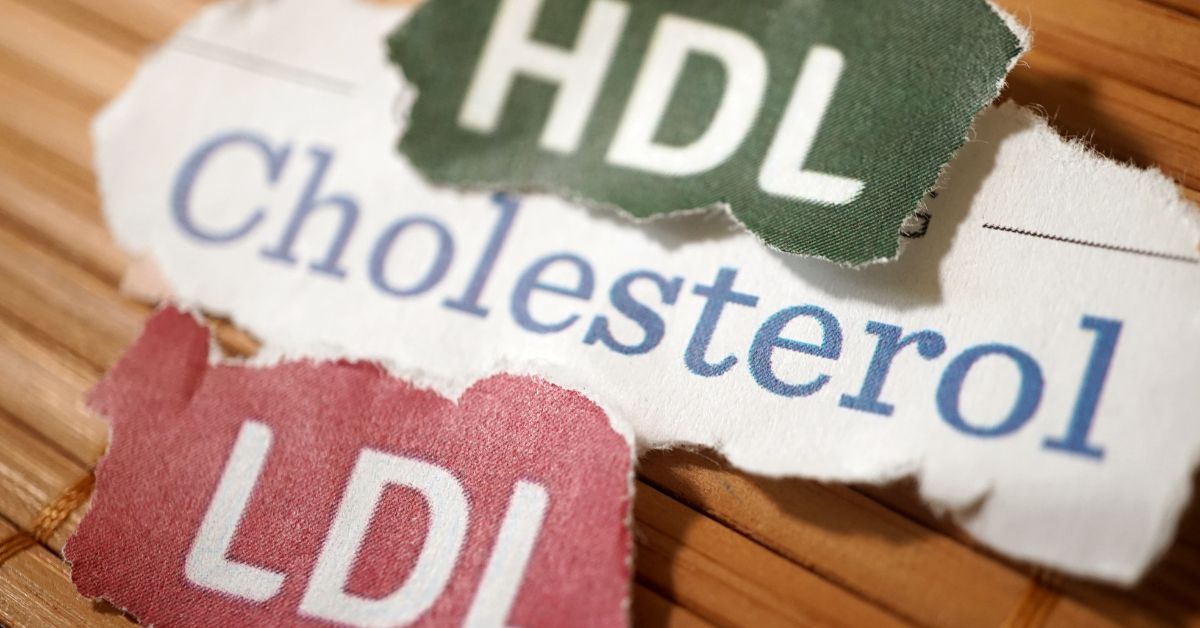Have you heard about allulose? It’s a sweetener that’s been on the market for several years now. It is proving to be a beneficial alternative to both sugar and other high-calorie sweeteners, as well as artificial sweeteners that have drawbacks for our health.
This article will answer all your burning questions about allulose sweeteners, like:
- What is allulose?
- Is allulose safe?
- What is allulose made from?
- Does allulose raise blood sugar?
Let’s get right into it.
All About Allulose Sweeteners
Allulose, also called D-psicose, is a monosaccharide, a single sugar molecule. In contrast, sucrose, the sugar naturally found in fruit and table sugar, is a disaccharide made from two sugar molecules – glucose and fructose.
Allulose is chemically the same as fructose and glucose (all have six carbons, 12 hydrogens, and six oxygen molecules) but has a different structure. This difference allows most allulose to be absorbed by the body, but it isn’t metabolized in the same way and most of it leaves the body via the urine.
Because of this difference in metabolism and the monosaccharide structure, allulose only contains about one tenth of the calories compared to table sugar (sucrose).

Allulose FAQs
Let’s walk through some of the most asked questions about allulose.
What is Allulose Made From?
Allulose is a natural sugar found in small amounts in figs, raisins, jackfruit, and some other fruits. Commercially available allulose that is used as an alternative sweetener is most often derived from corn. An enzymatic process converts the sugar in corn into allulose.
Is Allulose Safe?
Moderate allulose consumption is shown to be safe in both animal and human studies. Allulose is generally recognized as safe (GRAS) by the US Food and Drug Administration.
Is Allulose a Natural Sweetener?
Most recognize allulose in the category of natural sweeteners because the molecule exists in nature. However, allulose is really in a category of its own.
Unlike other natural sweeteners like sugar, honey, and maple syrup, it doesn’t spike blood sugar levels or contribute to the development of insulin resistance. It doesn’t have negative health impacts like artificial sweeteners or digestive side effects like sugar alcohols. Allulose side effects are minimal or non-existent.
How is Allulose Digested?
Since allulose is a monosaccharide, it’s already in its smallest form and doesn’t need to be broken down any smaller by the digestive system. It doesn’t require amylase or other carbohydrate-specific enzymes.
Around 70-80% of the allulose consumed is absorbed into the bloodstream via the small intestine. The rest leaves the body via the GI tract.
Does Allulose Raise Blood Sugar?
Allulose is low on the glycemic index and doesn’t cause a glucose spike as table sugar and other sweeteners do. Research suggests that allulose may benefit blood sugar by lowering overall blood sugar levels and protecting the pancreatic cells that produce insulin.
Does Allulose Have Calories?
Allulose calories are different from other carbohydrates. Sugar and other carbs contain four calories per gram; allulose contains 0.4 calories per gram, or only about 1/10th the calories in sugar.
Possible Allulose Health Benefits
Unlike other sweeteners and sugar substitutes, initial research suggests allulose benefits health.
Visceral Fat
Visceral fat, or belly fat, is the excess weight most associated with chronic disease. Animal studies suggest that fat loss results when sugar and other sweeteners in the diet are replaced with allulose. This may be due to allulose’s benefits on blood sugar regulation, which influences weight and body fat.
Blood Sugar Levels
As discussed above, one of the main benefits of allulose is its impact (or lack of impact, rather) on blood sugar levels. Allulose sweeteners may be a beneficial choice for improving insulin sensitivity and preventing type 2 diabetes.
Fatty Liver Disease
Fatty liver disease can be a complication of insulin resistance and diabetes because it shares many of the same root causes. In this regard, allulose sweetener may be beneficial in cases of fatty liver disease, at least per preliminary animal data.
It will be interesting to see what results from more human trials on allulose, many of which are already underway.
We are excited about adding allulose to our product line and providing this option for our customers! While we firmly believe in balanced nutrition and including fiber, fat, and protein to help balance blood sugar and support metabolism, allulose is another tool at our disposal to help achieve optimal wellness. We can’t wait to hear what you think!






